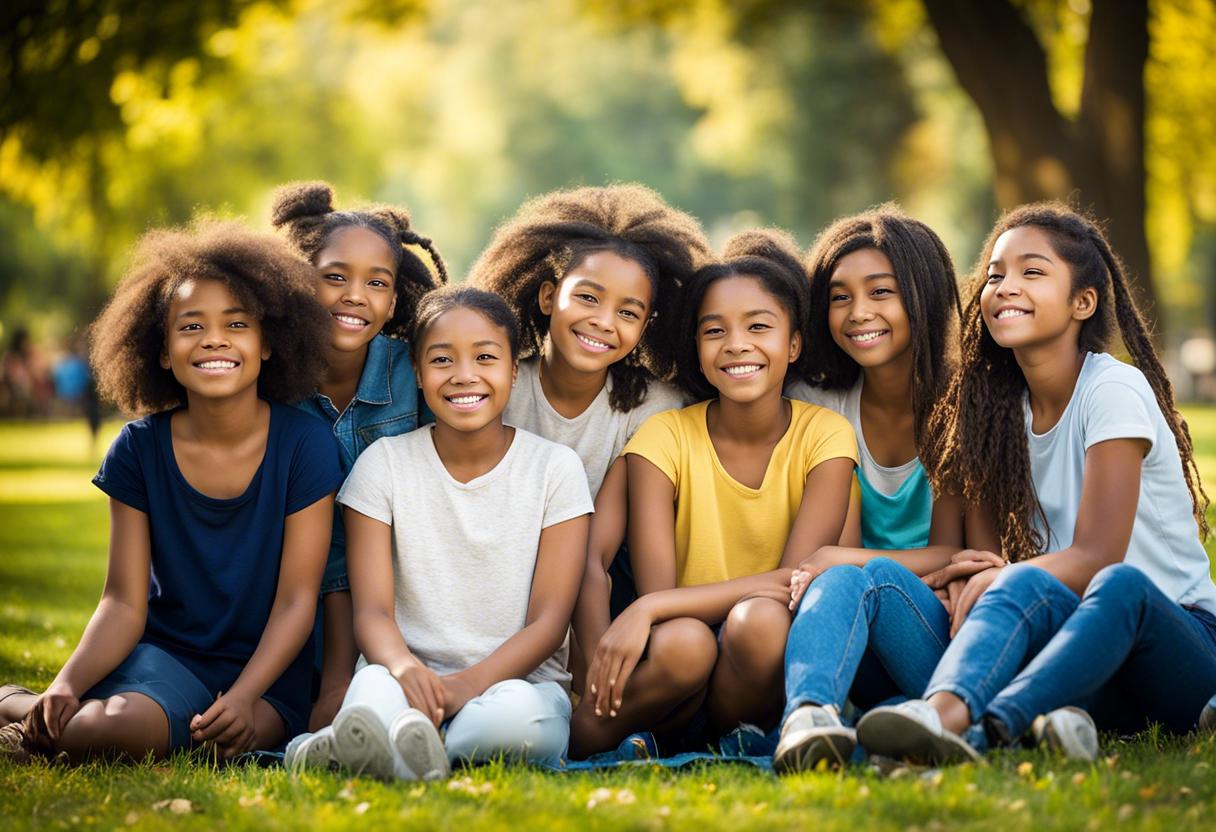A recent study conducted by the University of Galway reveals that only 22% of girls and 33% of boys between the ages of 10 and 17 state they are very content with their current lives. In terms of high life satisfaction, 54% of girls compared to 69% of boys of the same age range reported positive results, as per the research.
The study, ordered by the Department of Health, is part of the most recent Irish Health Behaviour in School-aged Children (HBSC) survey, carried out in 2022. More than 9,000 scholars, from a sample of 191 national primary and post-primary education institutions, were questioned on a variety of topics concerning their lifestyle choices, activities, and experiences.
Interestingly, the research showed 13% of the population aged 10 to 17 having used vaping devices in the past month while 18% reported having tried vapes or e-cigarettes at least once. In contrast, individuals of the same age who admitted to having smoked at least once dropped from 12% in 2018, to 9%.
In 2022, 69% of young individuals shared that they have never consumed alcohol, showing a rise from the 66% reported in 2018. For the older demographic, cannabis use was slightly more common, with 6% admitting usage within the last year, a decrease from the 8% who reported the same behaviour in 2018.
The survey also investigated the effects of the Covid-19 pandemic on children aged 10-17, with 40% revealing that the health restrictions had adversely affected their mental well-being and academic performance. Girls and older children appeared more likely to experience these negative consequences.
Aoife Gavin, the main author of the report, expressed significant concern over the findings related to happiness, welfare, and life satisfaction, especially among older teenage girls, terming them “deeply troubling”. Gavin asserts that these findings are not specific to Ireland, but have been reflected in studies across the globe.
The preceding HBSC Ireland surveys have chronicled this pessimistic trajectory ahead of the Covid-19 outbreak – a trend Ms. Gavin said was expected but possibly aggravated by the pandemic. She pointed out the necessity to launch a comprehensive, gender-sensitive curriculum focusing on mental health, notably within schools, as a way to better the mental wellbeing of young individuals.
The government’s significant financial involvement, which has been on the rise each year, is to be gauged by monitoring future data to determine its effect. As per the issue of bullying, it was found that middle-class boys and youngsters were more incline to admit to bullying their peers at least once or more in recent months.
Increased indulgence in social media consumption is believed to be moulding a generation of ‘disturbed individuals’, according to a psychiatrist’s statement. The survey found that 29% acknowledged at least one instance of being bullied in recent months. Girls, younger kids, and those from weaker socio-economic backgrounds were more prone to admit to instances of online bullying.
The numbers admitting to cyberbullying increased from 15% in 2018 to 18%, with boys and individuals from lower income backgrounds more likely to admit to perpetuating online harassment. A consistent revelation was the small percentage of children adhering to the physical activity guideline of a daily 70 minutes’ workout throughout the week, with only 24% stating compliance.
Dietary habits reflected some encouraging trends, as a larger number of kids reported daily consumption of fruits and vegetables (23%). On the flip side, 18% admitted to experiencing hunger due to lack of sufficient food at home, either prior to bed or before heading to school, a decrease of 1% since 2018.
In terms of sexual health, there was a fall in the percentage of individuals using condoms during their last sexual encounter, with the number falling from 62% in 2018 to 48%. Also reported was that 34% of those who admitted having sex also reported not using contraception during their last encounter. A quarter of the 15-17 year-olds surveyed admitted having had sexual intercourse at least once.
For the first time, the 2022 survey included menstrual health and period poverty, with 10% of female participants admitting their inability to afford period products.
Professor Colette Kelly, co-leading researcher of HBSC Ireland, emphasised that the study supplies a fundamental insight into the wellbeing habits of children amid extraordinary hardships. She stated that the research highlights the necessity for bespoke interventions and supports, designed to bolster the health of the younger Irish population. While there are signs of an uptrend in nutritious eating habits, a significant number of children are still exposed to hunger. Professor Kelly further voiced her concern over the persistent issue of poorer children reporting adverse health outcomes more frequently as compared to their wealthier counterparts. She accentuated that it is crucial to diminish such health inequities and ensure resources are evenly accessible to all children.

